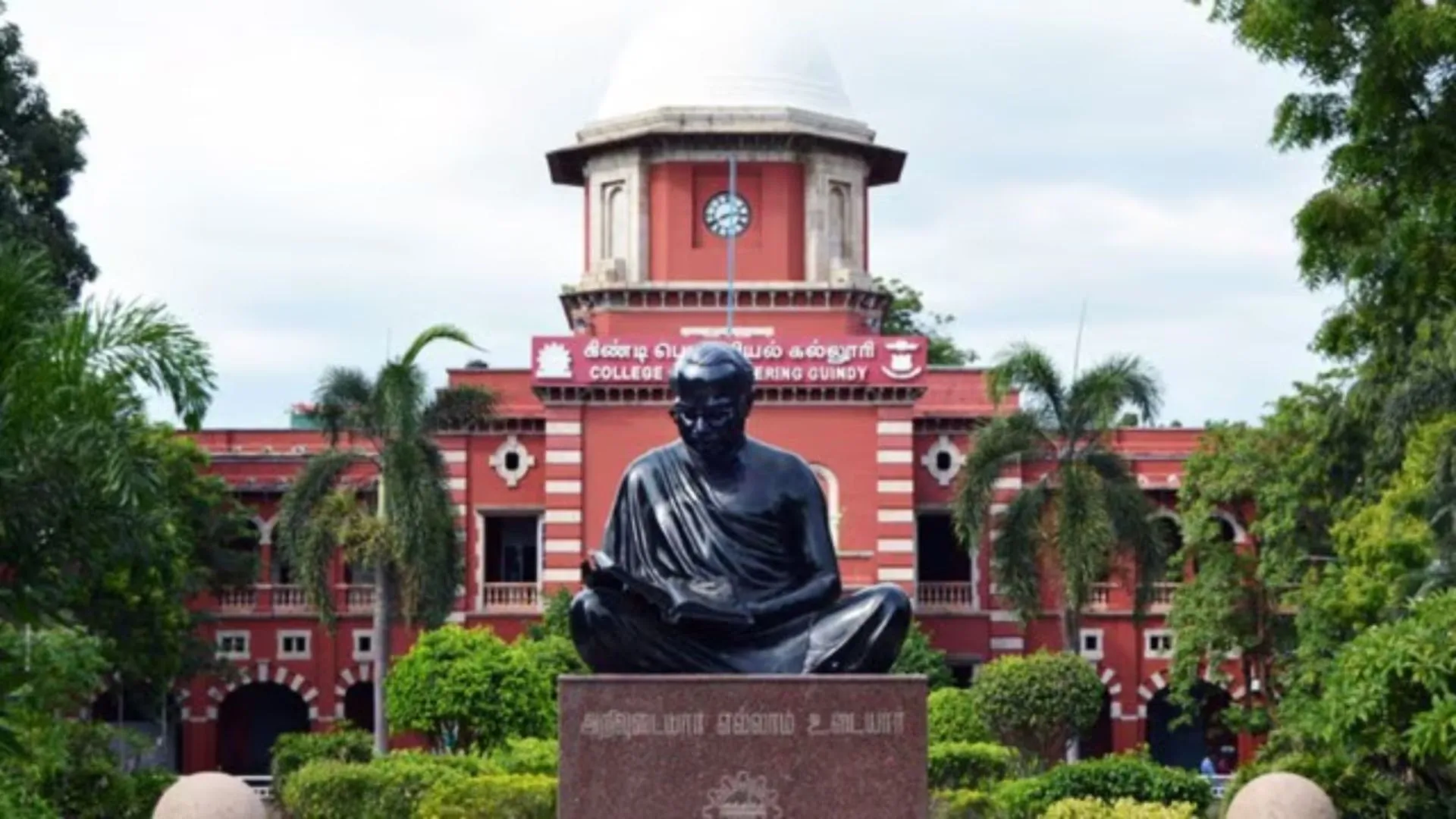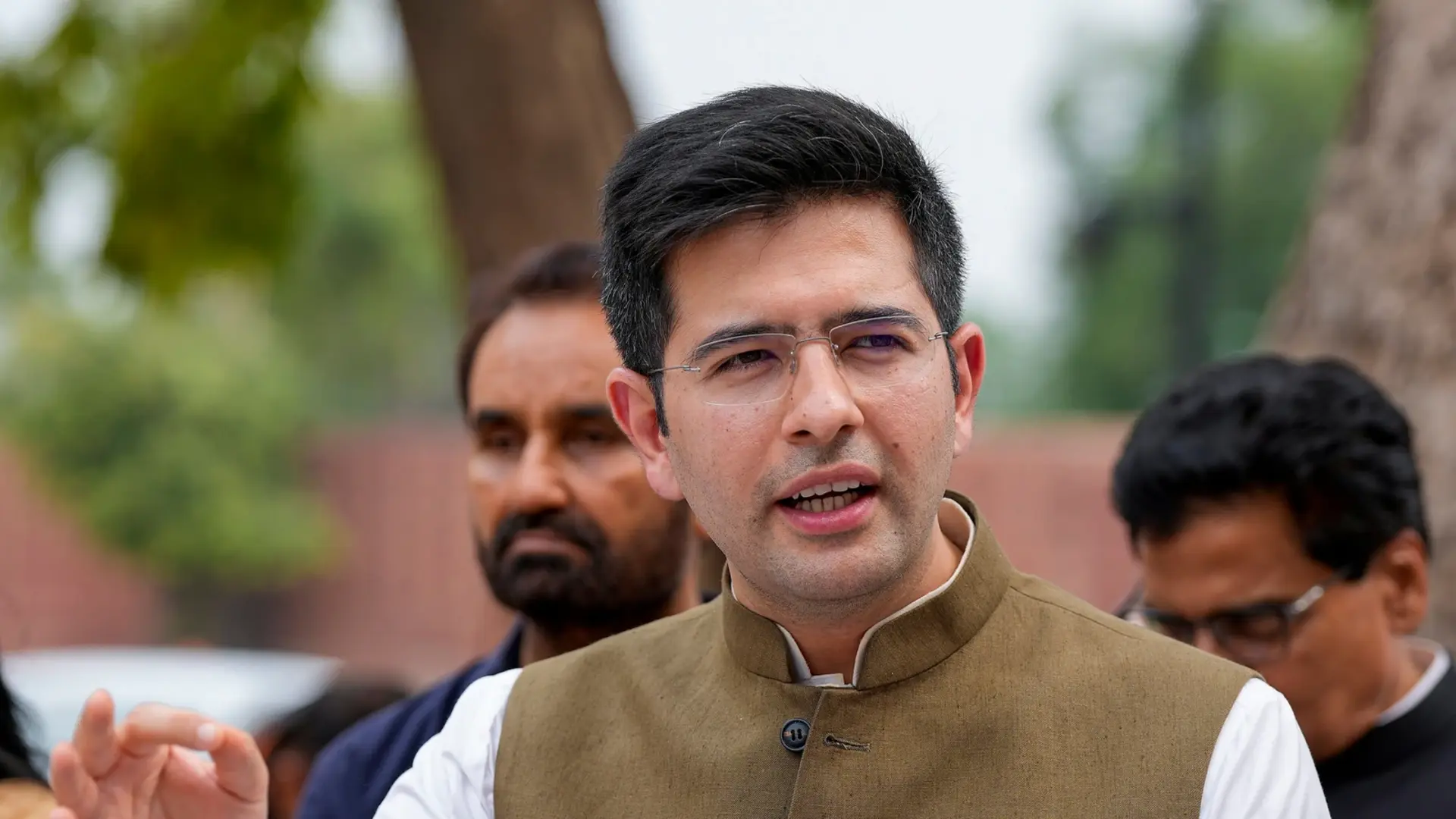If all three legislations are analysed in a chronology, it is easy to understand that a major revolution in this sector is waiting at our doorsteps, which will be a boon for all those involved in the agriculture economy. Prime Minister Narendra Modi has ensured that those who were grappling with boundaries and barriers are now exonerated and set free in the open market.
The three farm bills passed in Parliament recently have paved the way for the Indian agriculture sector to set foot in a free market environment. The legislation may benefit investors too, but the laws have the interests and autonomy of farmers at heart.
The process of liberalisation in India, which began in 1991, was completed recently with the passage of three important bills, namely, the Farmers’ Produce Trade and Commerce (Promotion and Facilitation) Bill, 2020, the Farmers (Empowerment and Protection) Agreement of Price Assurance and Farm Services Bill, 2020, and the Essential Commodities (Amendment) Bill, 2020.
While all the sectors in the country enjoyed the potential encouragement of a free market environment, the agriculture and farming sectors were bound by a monopoly-driven market. A sector which essentially caters to over 60 percent of the nation’s population had no free hand in its operations. In fact, it was largely regulated as per draconian rules and regulations which had a cascading effect for generations. However, with the passage of these farm bills, Indian agriculture has now become free from the clutches of the middlemen lobby. It was high time for the agriculture sector to also be recognised and dealt with on the same lines as that of the other industrial sectors.
Until these reforms were made, the agriculture sector was the only sector kept far away from the concept of business driven by profitability. Ergo, every time farmers faced difficult times, they only resorted to seeking help from the government in the form of loan waivers, financial packages, etc. For any industry, recruitment of manpower has to be justified in terms of profitability. Similarly, if we consider agriculture as an industry, then the government has to accommodate 60 percent of the population as manpower, directly or indirectly, without any justification of profitability. So, while farmers’ problems have continued to grow, it has also put severe pressure on the exchequers of the respective governments.
However, this very agricultural sector in the near future is all set to be privy to a major positive transformation through these new legislations passed in the parliament. With the opening of the market for farmers, they are now free to operate according to their will, instead of being managed by middlemen or brokers. With the new laws in place, farmers can now sell their produce anywhere, such as at home, on the farm or in the village market. In the past, when farmers sold goods in the market premises, it was mandatory for them to pay cess in the market.
The cess ranged from 2% to 8% from place to place. However, with the new law, this cess could be avoided as the sale of farm produce is not restricted to the regulated markets. These new farm legislations will create a healthy competition in the market which will be extremely beneficial to the farmers as they will be the deciding force for the sale of their own farm produce. In further support of the farmers, the existing concept of MSP will also continue. This is evident from the fact that the day after the acts were passed, a handsome MSP was granted.
Similarly, in the case of contract farming, measures like a dispute redressal mechanism have been brought into force where complete prominence has been given to ensure that farmers do not fall prey to any technical ambiguity created by traders. One major challenge for every farmer is that there is no remunerative assurance for his produce. However, with the advent of contract farming, the predictability of their eventual output would be encouraged and farmers can design their process respectively. While doing so, they will be assured that, regardless of anything, their land will remain in their safe possession.
While these farm bills have encouraged farmers, the Government of India, under the leadership of Prime Minister Narendra Modi, has ensured a positive environment for investors as well. With the passage of the Essential Commodities (Amendment) Bill, 2020, the Government of India has completely eradicated the fear amongst investors of any arbitrary regulations motivated by the opinion of the government. The amendment bill shall allow the central government to regulate the supply of the food items in the market only in four exceptional circumstances such as war, famine, national calamity and exponential price rise. Even under these four conditions, certain relaxations have been ensured in the stock holding capacity, which will prove to be a boon for investors. In the case of exporters, if any exporter has an export order of the stocked produce procured from farmers, then the stock limit will not apply on that produce. With this, investors will have no fear of procuring maximum produce from the farmers.
If all three legislations are analysed in a chronology, it is easy to understand that a major revolution in this sector is waiting at our doorsteps, which will be a boon for all those involved in the agriculture economy. Prime Minister Narendra Modi has ensured that those who were grappling with boundaries and barriers are now exonerated and set free in the open market. These legislations will verily be a driving force in ensuring that India achieves its target of becoming a $5 trillion economy, a target envisaged by PM Narendra Modi. When Modi had taken charge of the office of Prime Minister, India was a $2 trillion economy. It has now become a $3 trillion economy. If the traits of economic growth are to be scrutinised, it is evident that, owing to the transformation of India from the era of policy paralysis to policy reforms under the leadership of PM Modi, the Indian economy has grown much faster. From 1947 to 2014, India could ensure a $2 trillion economy, but in the six years since 2014, India has become a $3 trillion economy. All of this was done without enhancing tax rates. In fact, indirect taxes were brought down from an average of 24% to 18%.
Despite a ruckus in Parliament and the Opposition’s desperate attempt to create a sense of ambiguity amongst the citizens, the nation has continued to trust PM Modi’s honest intentions and decisions, for people have always reaped benefits from it. With these legislations, most certainly, the liberalisation process which began in 1991 is now complete for the biggest sector of the Indian economy.
The writer is Media Head, BJP Maharashtra. The views expressed are personal.













